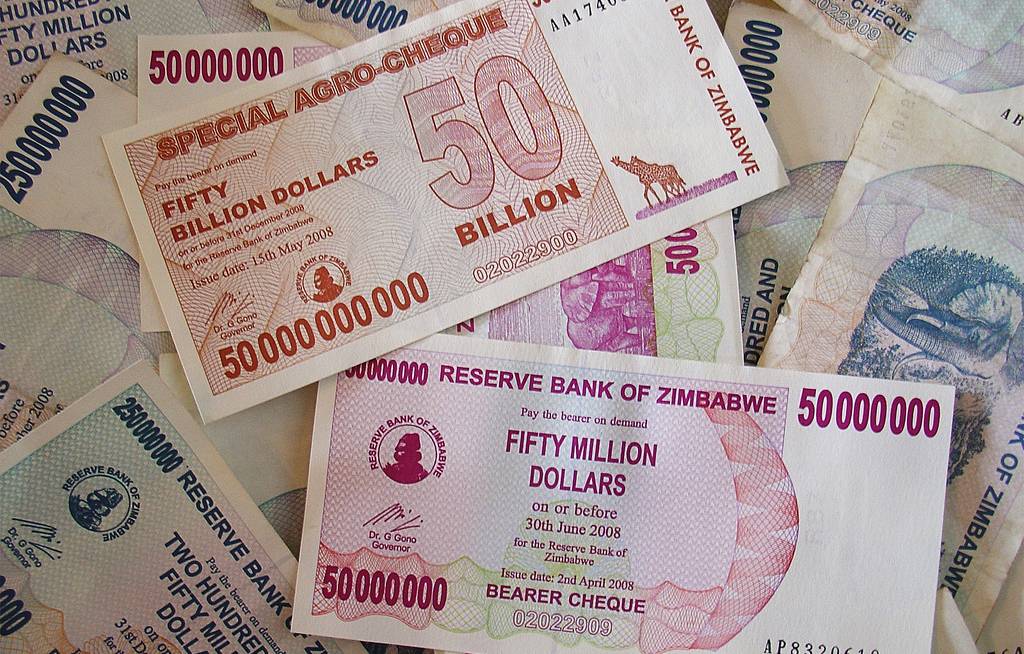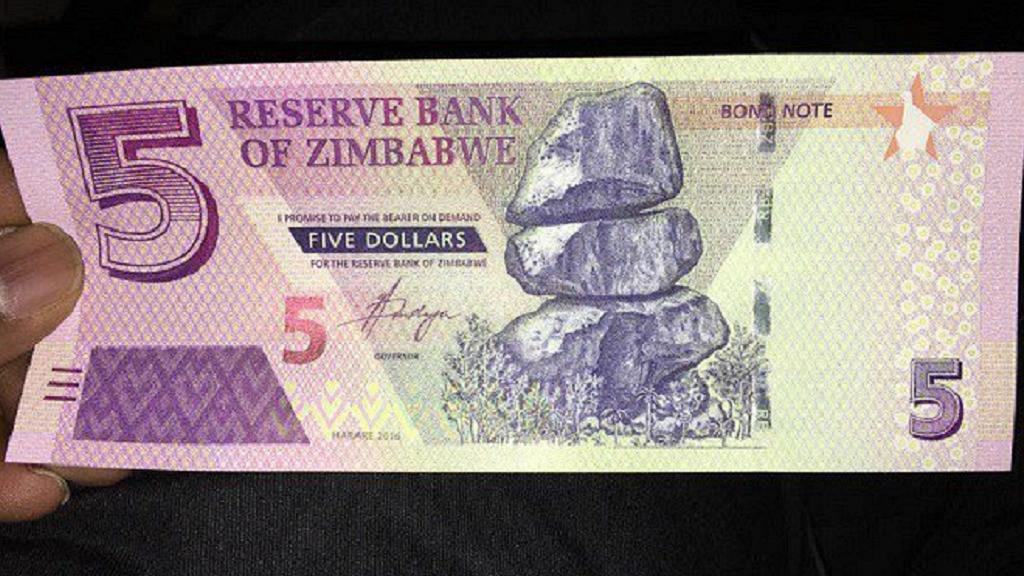Zimbabwe launches new currency measure
Published on February 21, 2019 at 10:54 AM by Face of Malawi
Zimbabwe has not had a local currency since 2009 when it abandoned the Zimbabwe dollar due to hyperinflation that reached 500 billion percent, according to the International Monetary Fund. To curb the ruinous inflation, Zimbabwe adopted a multi-currency system dominated by the US dollar.
However, a shortage of cash dollars pushed the government in 2016 to issue a surrogate currency called bond notes, to trade alongside electronic money, which are funds electronically deposited into bank accounts.
Most Zimbabweans, including civil servants, are paid electronically into their bank accounts, but they cannot easily convert that money into cash needed to buy groceries and pay bills.
The current crisis has resulted in increased inflation and shortages of fuel and food.
On Wednesday, the government announced measures to address the currency crisis. Reserve Bank of Zimbabwe governor John Mangudya abandoned the parity and announced that banks can now offer market-determined rates to buy cash dollars with the bond notes or through electronic transfers.
Bond notes and electronic funds will be known as a separate currency called Real Time Gross Transfer dollars, or RTGS dollars, said Mangudya in a much-anticipated monetary statement. Zimbabwe will continue using other foreign currencies such as the dollar and the South African rand, said Mangudya.
“The RTGS dollars thus become part of the multi-currency system in Zimbabwe. The RTGS dollars shall be used by all entities in Zimbabwe, including government and individuals in Zimbabwe for the purposes of pricing of goods and services, record debts, accounting and settlement of domestic transactions,” said Mangudya.
Before, most Zimbabweans who were paid their salaries through electronic transfers had to risk jail to change their money into dollars at the back market.
Source : News24




